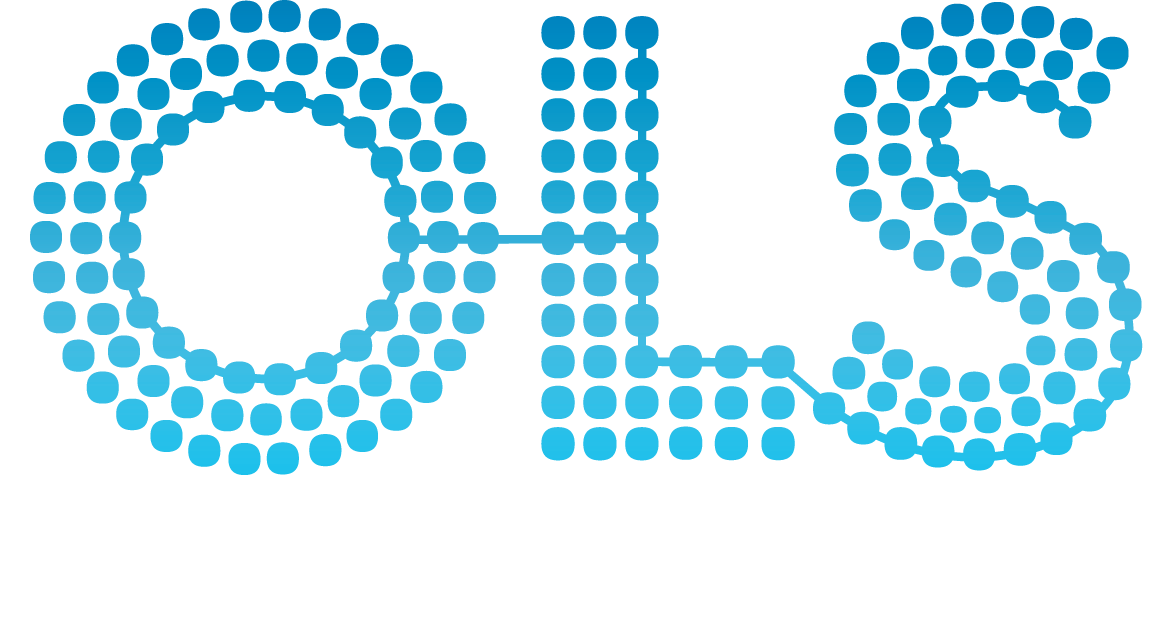|
Antipyrine
|
D000983 |
[An analgesic and antipyretic that has been given by mouth and as ear drops. Antipyrine is often used in testing the effects of other drugs or diseases on drug-metabolizing enzymes in the liver. (From Martindale, The Extra Pharmacopoeia, 30th ed, p29)
] |
|
Antiretroviral Therapy, Highly Active
|
D023241 |
[Drug regimens, for patients with HIV INFECTIONS, that aggressively suppress HIV replication. The regimens usually involve administration of three or more different drugs including a protease inhibitor.
] |
|
Antirheumatic Agents
|
D018501 |
[Drugs that are used to treat RHEUMATOID ARTHRITIS.
] |
|
Antirrhinum
|
D032161 |
[A plant genus of the family Plantaginaceae. Members contain DEFICIENS PROTEIN.
] |
|
Antisense Elements (Genetics)
|
D016375 |
[Nucleic acids which hybridize to complementary sequences in other target nucleic acids causing the function of the latter to be affected.
] |
|
Antisepsis
|
D000985 |
[The destruction of germs causing disease.
] |
|
Antisickling Agents
|
D000986 |
[Agents used to prevent or reverse the pathological events leading to sickling of erythrocytes in sickle cell conditions.
] |
|
Antisocial Personality Disorder
|
D000987 |
[A personality disorder whose essential feature is a pervasive pattern of disregard for, and violation of, the rights of others that begins in childhood or early adolescence and continues into adulthood. The individual must be at least age 18 and must have a history of some symptoms of CONDUCT DISORDER before age 15. (From DSM-IV, 1994)
, Behavior that sharply deviates from social norms and violates rights of others
] |
|
Antispermatogenic Agents
|
D000988 |
[Agents, either mechanical or chemical, which destroy spermatozoa in the male genitalia and block spermatogenesis.
] |
|
Antistatic Agents
|
D055359 |
[Chemical compounds applied to materials to reduce their retention of an electrostatic charge.
, Substances that do not retain an electrostatic charge.
] |
|
Antistreptolysin
|
D000989 |
[Antibodies specific to STREPTOLYSINS which indicate STREPTOCOCCAL INFECTIONS.
] |
|
Antithrombin III
|
D000990 |
[A plasma alpha 2 glycoprotein that accounts for the major antithrombin activity of normal plasma and also inhibits several other enzymes. It is a member of the serpin superfamily.
] |
|
Antithrombin III Deficiency
|
D020152 |
[An absence or reduced level of Antithrombin III leading to an increased risk for thrombosis.
] |
|
Antithrombin Proteins
|
D058833 |
[An endogenous family of proteins belonging to the serpin superfamily that neutralizes the action of thrombin. Six naturally occurring antithrombins have been identified and are designated by Roman numerals I to VI. Of these, Antithrombin I (see FIBRIN) and ANTITHROMBIN III appear to be of major importance.
] |
|
Antithrombins
|
D000991 |
[Endogenous factors and drugs that directly inhibit the action of THROMBIN, usually by blocking its enzymatic activity. They are distinguished from INDIRECT THROMBIN INHIBITORS, such as HEPARIN, which act by enhancing the inhibitory effects of antithrombins.
] |
|
Antithyroid Agents
|
D013956 |
[Agents that are used to treat hyperthyroidism by reducing the excessive production of thyroid hormones.
] |
|
Antitoxins
|
D000992 |
[Antisera from immunized animals that is purified and used as a passive immunizing agent against specific BACTERIAL TOXINS.
] |
|
Antitreponemal Agents
|
D000993 |
[Agents used to treat infections with bacteria of the genus TREPONEMA. This includes SYPHILIS & YAWS.
] |
|
Antitrichomonal Agents
|
D000994 |
[Agents used to treat trichomonas infections.
] |
|
Antitrust Laws
|
D016363 |
[Those federal and state laws, and their enforcement, that protect trade and commerce from unlawful restraints and monopolies or unfair business practices.
] |
